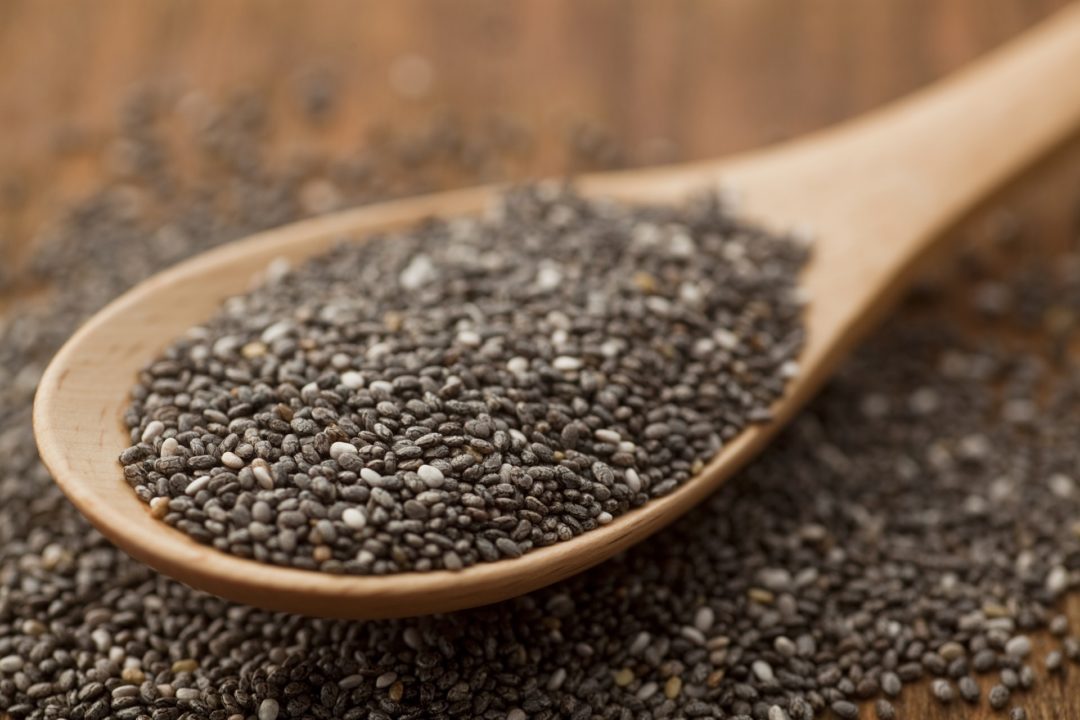
ALA from Chia Oil Increased DHA Content in Breast Milk

Results showed that there was a significant increase in ALA in the content of the milk as well as significantly increased milk content of DHA, but only for the first three months of nursing. Researchers were a bit surprised that DHA increased only for the first three months, decreasing afterwards to control levels but they hypothesize that there is high physiological control over the conversion of ALA to DHA.
The researchers state, “We hypothesize that the physiological control of the conversion of ALA to DHA is produced: (i) through a high regulation in the activity of the enzymes involved in elongation and desaturation, which set DHA at physiological concentrations; (ii) through the beta oxidation of exceeding ALA for energy production or carbon recycling; (iii) due to the fact that excess of PUFA and LCPUFA may increase milk susceptibility to oxidative rancidity with the risk of tissue oxidative stress in the child, however this last proposal requires further demonstration.”
This is welcome news to suppliers of chia for nutraceutical applications and dietary supplement manufacturers marketing ALA products. ALA is a source of omega-3 polyunsaturated fatty acids for vegans, but a debate has raged disputing its functionality compared to omega-3s from other sources such as fish oil that provide EPA and DHA.

The editorial team at WholeFoods Magazine has decades of experiences reporting on natural products industry news, trends, and more. This national, monthly business-to-business magazine has been published continuously for nearly 40 years (the magazine was founded in 1977, and has been owned by Wainer Finest Communications since 1984). It is the longest-tenured media outlet of its kind in the natural products industry. The editorial focus at WholeFoods Magazine is, and always has been, on informing and educating members of the natural products industry.
The Magazine
Information
About Us
NOTE: WholeFoods Magazine is a business-to-business publication. Information on this site should not be considered medical advice or a way to diagnose or treat any disease or illness. Always seek the advice of a medical professional before making lifestyle changes, including taking a dietary supplement. The opinions expressed by contributors and experts quoted in articles are not necessarily those of the publisher or editors of WholeFoods.







